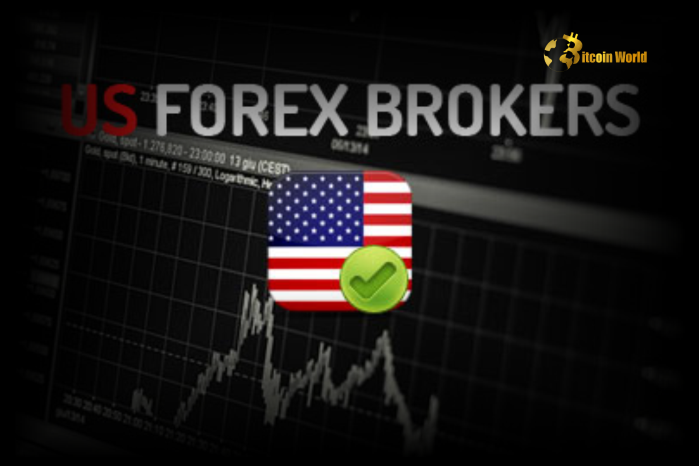Understanding Forex Taxation in the US
Understanding Forex Taxation in the US
Blog Article
Legal Regulations for Forex in the United States
Foreign trade, or Forex trading, pulls millions of players in the United States every year. Their large size and liquidity allow it to be one of the very most interesting areas globally. But, best forex trading platform in usa. takes a distinctive and rigid method of regulating Forex activities. If you're looking to deal currencies or just wish to know how appropriate frameworks form the Forex market, understanding these rules is crucial.

Crucial Legitimate Frameworks Surrounding Forex in the US
Forex regulation in the United States stands apart because thorough chance controls and customer protections. Two leading government bodies oversee many Forex actions:
• Commodity Futures Trading Commission (CFTC)
• National Futures Association (NFA)
The CFTC, created in 1974, is assigned with regulating the futures and choices areas, foreign change included. The NFA, as a self-regulatory business, performs closely with the CFTC to enforce rules and maintain equity in trading practices.
Enrollment and Conformity
Every Forex dealer or broker using the services of U.S. residents must register with both CFTC and NFA. These entities are also needed to adhere to rigorous working standards, including:
• Minimum internet capital needs (often higher than in different countries)
• Continuing audits
• Strong anti-money laundering (AML) plans
• Clear risk disclosure
Violations may lead to big fines or a permanent ban from the market. This regulatory construction seeks to avoid fraud, protect investors, and increase industry integrity.
Major Constraints on Forex Actions
Foundational protections affect how Forex works in the U.S.:
• Influence limits: The NFA pieces a maximum leverage of 50:1 for significant currency sets and 20:1 for minors. This is much below several world wide markets, supporting defend inexperienced traders from significant losses.
• Segregation of funds: U.S. legislation involves that client resources are kept split up from broker operational funds. This measure safeguards traders in the case a broker becomes insolvent.
• Marketing and disclosure: Firms should clearly explain dangers, charges, and trading systems to clients. Deceptive or hostile solicitation techniques experience rigid penalties.
Enforcement and Penalties
U.S. agencies often check for fraudulent schemes, insider trading, and illicit industry manipulation. Statistical information from enforcement reports reveals a consistent structure of penalties and settlements recently, displaying continuous vigilance. That atmosphere, while stricter than most parts of the planet, generates a better playing area for retail and institutional traders alike.
What to Contemplate as a US Forex Trader
New traits show a continuing rise in regulatory measures, an emphasis on client training, and continuous upgrades to conformity requirements. If you intend to deal Forex in the U.S., it's necessary to:
• Verify a broker's active enrollment position
• Keep current with regulatory improvements
• Review risk disclosures before generally making trades
This process diminishes unforeseen failures and promotes your prospects in a tightly regulated but powerful marketplace. By knowledge appropriate regulations, U.S. traders can confidently take part in the Forex market while keeping within the variables of the law.
Report this page